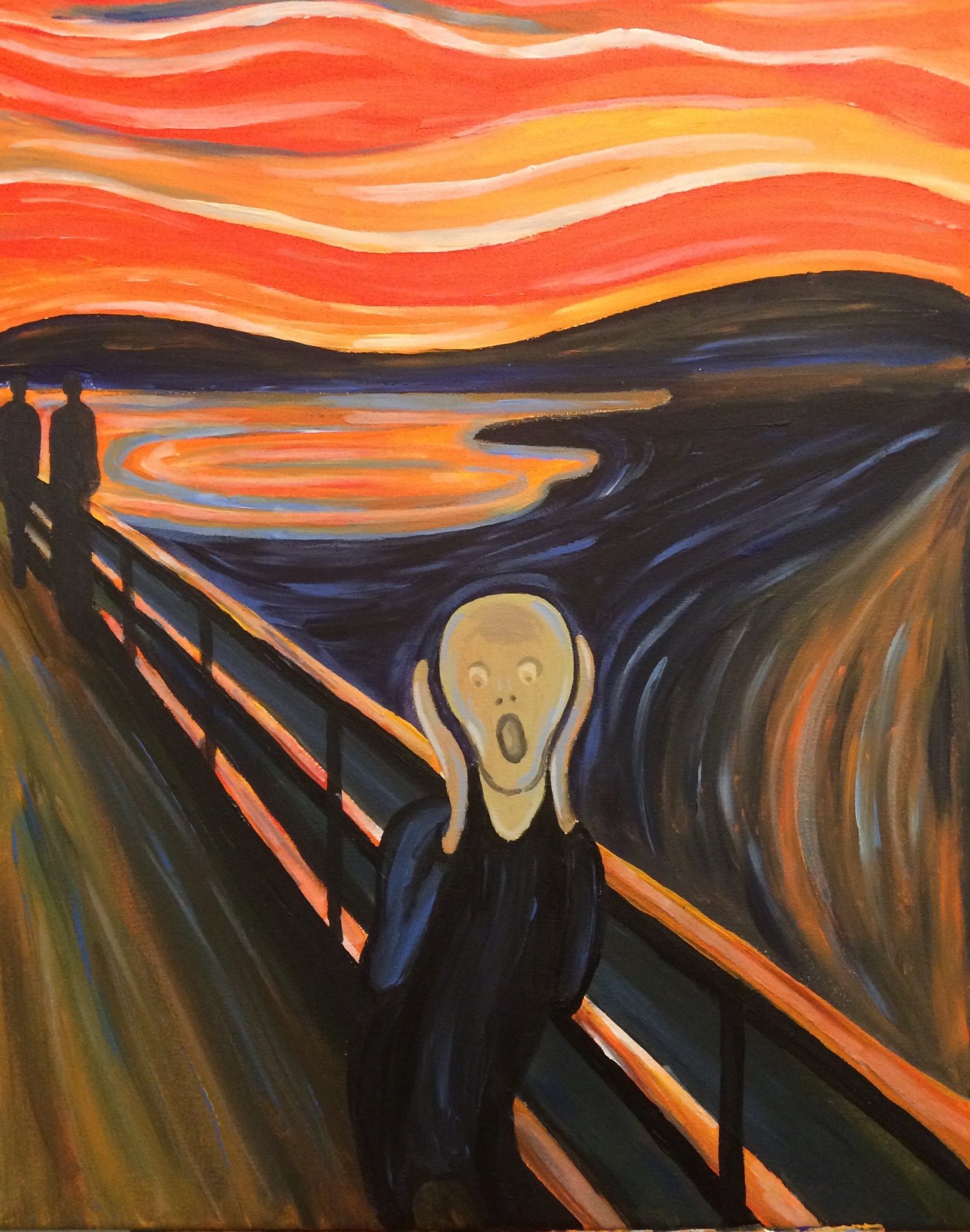A recent article somewhere listed famous people who were depressive or bipolar (‘manic depressive”).
They could have saved time and energy by simply noting “all famous writers and artists, all famous war leaders, and all famous philosophers.” No mystery, no news: Aristotle pointed this out over two thousand years ago. Problemats XXX: “Why is it that all those men who have become extraordinary in philosophy, politics, poetry, or the arts are obviously melancholic?”
I fear, however, that moderns grab the stick at the wrong end. The assumption seems to be that they did great stuff despite being mentally ill. “High functioning depressives.” Which is absurd, when the highest functioning of us all turn out to be depressives.
“Considered by many to be the greatest English writer in history, Charles Dickens, like many great writers, battled depression for his entire life. It was said that he went through long periods of insomnia whenever he started a new novel.
“To deal with his sleeplessness, Dickens would wander aimlessly around London, once covering 30 miles (48 km) in a single night. On the bright side, it’s been reported that his spirits would lift bit by bit as he made more and more progress on his stories.”
The real story is that Dickens would be driven to write a new novel by the chronic anxiety that caused his insomnia. The act of writing soothed the anxiety and depression.
I am reminded too of Socrates’s comment: “By all means marry. If you marry well, you will have a happy life. If you marry poorly, you will become a philosopher.”
An intolerable home situation, being abused, causes what we call depression.
Depression is principally a sense of loss of purpose and meaning to one’s life. This is the permanently damaging effect of abuse. It can be expressed as sadness or as anxiety, but these are just symptoms: the problem is a lack of meaning and direction. “What is the point of me?”
Art, or philosophy, is an effort to create meaning. One is reaching for the transcendental values, the things that bestow meaning. The artist is reaching for beauty; the philosopher is reaching for truth. And the lawgiver or military leader is reaching for justice, the moral good. With desperation, in such a case, and so with the greatest concentration and energy.
This is salvation for the mentally ill: to stop being "mentally ill" and become an artist, or a teacher, or a shaman.
But don’t many artists end up losing the battle, and committing suicide? Don’t many philosophers?
They do; because art or philosophy is the path, and only the initial path, and not the goal. The quest for meaning begins to yield solid results once it generates and confirms a religious conviction.
Artists who become religious do not commit suicide. Instead, the depression eases and recedes. Religion happens when art or religion achieve their goal.














No comments:
Post a Comment